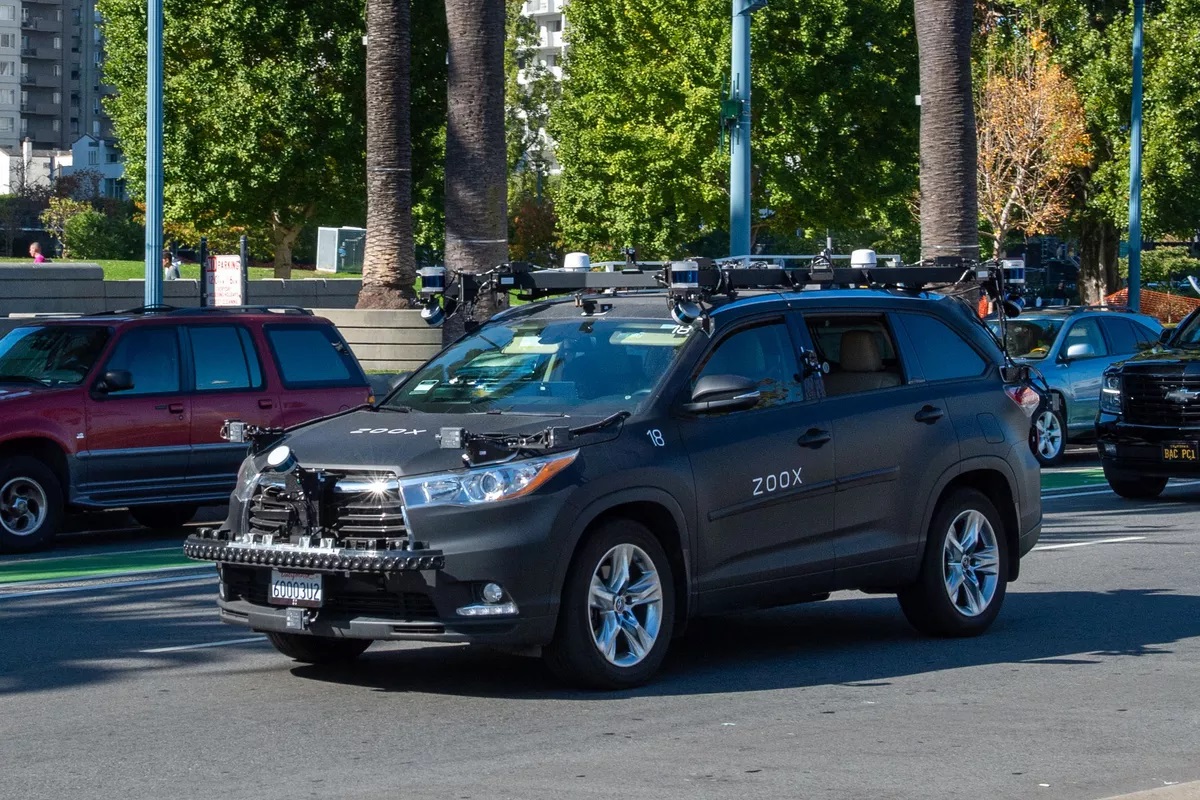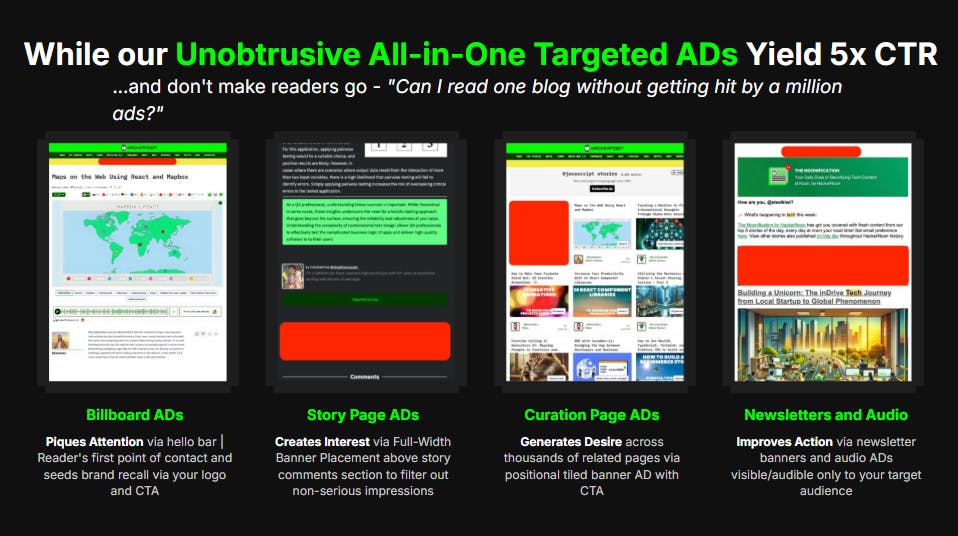Zoox Expands to Washington D.C. as Robotaxi Competition Heats Up


Amazon-owned Zoox is steering its autonomous vehicle ambitions to the nation’s capital, announcing Tuesday that it has begun mapping Washington D.C.’s streets in preparation for testing later this year.
The company said it will start with manually driven Toyota Highlanders equipped with sensors and proprietary software to build detailed maps of the city. Once the groundwork is complete, Zoox plans to transition to testing its autonomous vehicles with human safety operators behind the wheel.
“With its growing population and high demand for flexible transport options, the District is an ideal next location and optimal place to begin testing and mapping our technology on the East Coast,” Zoox said in a blog post.
Register for Tekedia Mini-MBA edition 18 (Sep 15 – Dec 6, 2025): registration continues.
Tekedia AI in Business Masterclass opens registrations.
Join Tekedia Capital Syndicate and co-invest in great global startups.
Register for Tekedia AI Lab: From Technical Design to Deployment.
The push into Washington D.C. marks Zoox’s eighth U.S. test site, joining Austin, Atlanta, Los Angeles, Las Vegas, Miami, San Francisco, and Seattle. A spokesperson told TechCrunch the company will begin with a small fleet in the District, which will expand gradually over time.
Zoox has come a long way since its 2014 founding in Foster City, California. Backed by Amazon since 2020, it has scaled operations from Silicon Valley test tracks to hundreds of vehicles across multiple U.S. cities. At the heart of its ambitions is a custom-built robotaxi, designed without a steering wheel or pedals, that aims to redefine urban mobility. Earlier this year, the company launched a free robotaxi service in Las Vegas, its anchor market since 2019, and started testing the shuttles in San Francisco last November.
Still, Zoox must clear regulatory hurdles before it can run a full-fledged commercial service. The National Highway Traffic Safety Administration granted the company an exemption in August to demonstrate its custom vehicles on public roads, though that approval only covers research and demonstrations. Zoox has since filed for a broader exemption that would pave the way for commercial rollout.

The Washington move comes at a time when the robotaxi market is heating up, with self-driving companies jockeying for leadership as the technology inches closer to mainstream adoption. Alphabet’s Waymo and General Motors’ Cruise have been at the forefront, running robotaxi services in parts of California. Waymo recently expanded its service zones in Los Angeles and Phoenix, while Cruise is navigating a turbulent stretch after regulatory scrutiny forced it to scale back in San Francisco. Tesla, meanwhile, has promised to unveil its long-delayed robotaxi in the coming year, positioning its approach as one built on mass deployment of existing vehicles rather than bespoke designs like Zoox’s.
The different strategies underscore the race to establish dominance. Waymo has leaned heavily on regulatory goodwill and incremental expansion, Cruise has pursued aggressive rollouts that at times backfired under safety concerns, and Tesla has staked its future on AI-driven autonomy built into its passenger cars. Zoox, by contrast, is betting that its purpose-built robotaxi will give it a unique edge once regulators greenlight full commercial operations.
By choosing Washington D.C., Zoox is not only entering a dense and highly visible urban environment but also signaling its readiness to compete coast-to-coast with rivals. But the bottom line is, cities are becoming equally important as the fight for control of the emerging robotaxi market is shaping up to be one of the defining contests in the transportation industry.




